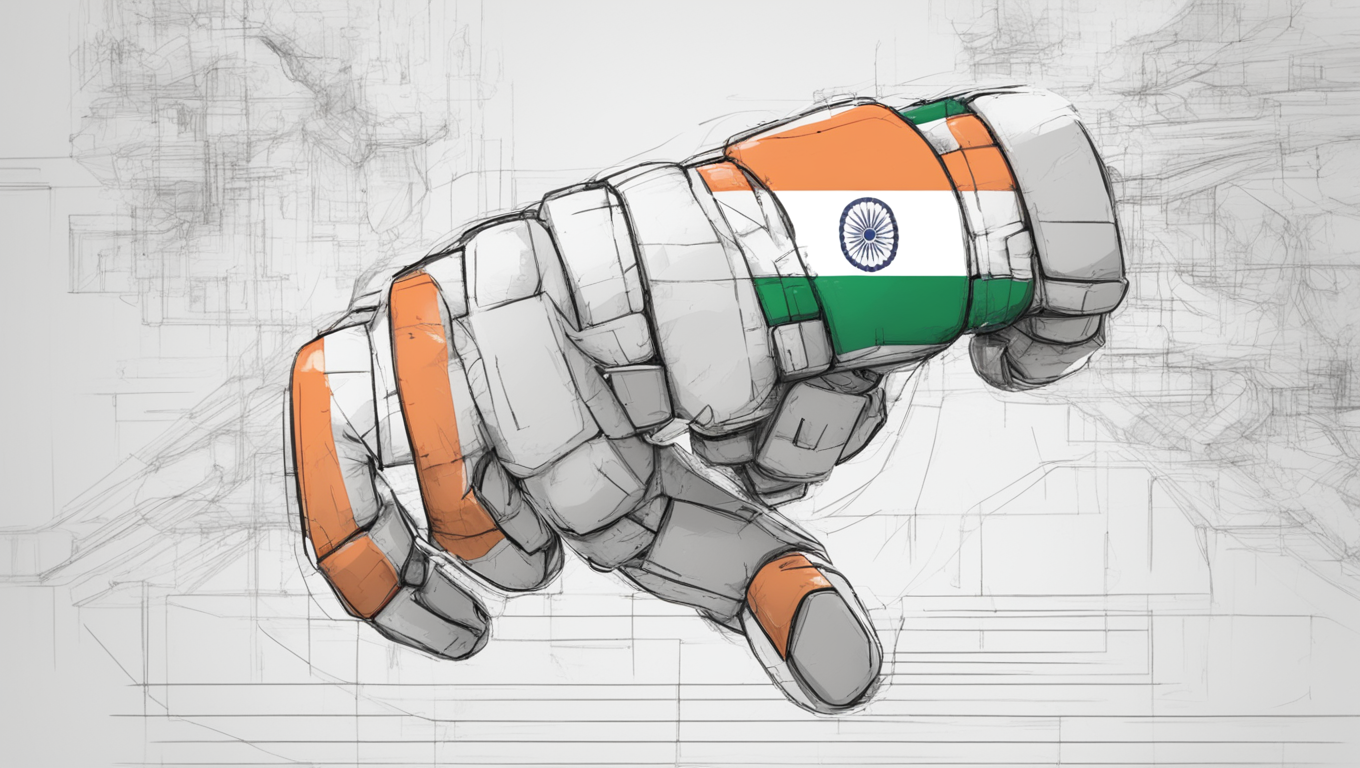The Digital India Bill, set to be introduced in the upcoming Parliament session, aims to address the dangers and regulation of AI-generated deepfake videos and other online content. The bill also seeks to explore the potential of Artificial Intelligence (AI) technology in a more effective manner. Sources have revealed that the government intends to garner cross-party consensus on the bill before its official introduction.
In addition to addressing deepfake videos, the legislation will also focus on regulating videos across various online platforms, including YouTube. The upcoming Parliament session, which will be the first session of the 18th Lok Sabha, is scheduled to commence on June 24th and conclude on July 3rd. Following this session, the Monsoon Session of Parliament will begin on July 22nd and is expected to continue until August 9th.
This initiative aligns with previous indications made by the former Union Minister of State for Electronics and Information Technology, Rajeev Chandrasekhar. Last year, he expressed his intentions to enact and implement such a bill in the future. He highlighted the need for extensive consultation, debate, and discussion to ensure the comprehensive legislation needed to address the complex issues surrounding AI-generated content.
“While we may have missed the legislative window before the elections, we are well-prepared with a roadmap that outlines our policy goals and principles for safety and trust,” stated Chandrasekhar during the Financial Express’s DigiFraud & Safety Summit in 2023.
With the rise of deepfake technology and the potential implications it holds for misinformation and manipulation, governments worldwide are recognizing the need for regulations. Deepfake videos, created using AI algorithms, can convincingly depict individuals saying or doing things they never actually did. Such videos can be misused to spread fake news, tarnish reputations, and sow discord among communities.
The introduction of the Digital India Bill signals a proactive approach by the Indian government to safeguard citizens from the harmful effects of deepfake videos. It also highlights the government’s commitment to utilizing AI technology in a manner that benefits society while addressing its potential risks.
Experts have welcomed the development, emphasizing the importance of regulating deepfake videos to maintain trust and accountability online. Nidhi Razdan, a renowned Indian journalist, commented, “This bill marks a significant step towards ensuring the responsible use of AI technology. It is crucial to have comprehensive legislation that tackles the spread of misinformation and upholds the ethical standards of digital media.”
As the government seeks consensus from various political parties on the bill, there is optimism that it will receive broad support. The inclusion of multiple perspectives and expertise will play a vital role in crafting effective legislation that strikes a balance between innovation and regulation.
The digital landscape is continually evolving, and the introduction of the Digital India Bill reflects India’s commitment to navigating these changes responsibly. By addressing deepfake videos and expanding the potential of AI, the government aims to create a safer and more transparent digital environment for all citizens.
In the words of Rajeev Chandrasekhar, “Technology presents us with immense opportunities, but we must ensure that these opportunities are harnessed in a manner that upholds the values and interests of our society. The Digital India Bill is a significant step in that direction, and I believe it will set a strong precedent for other nations facing similar challenges.”





Use the share button below if you liked it.